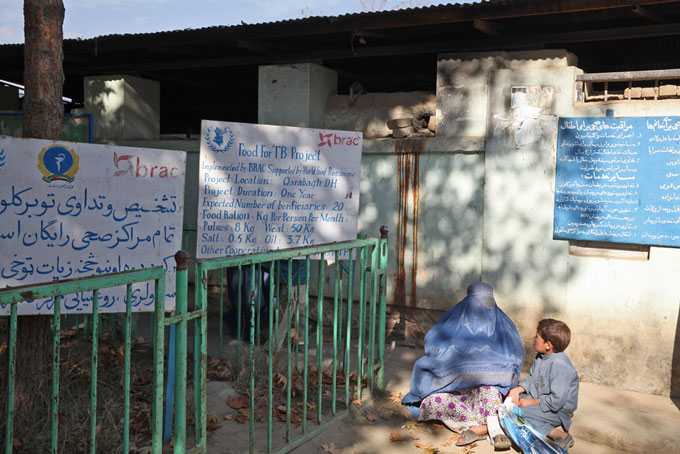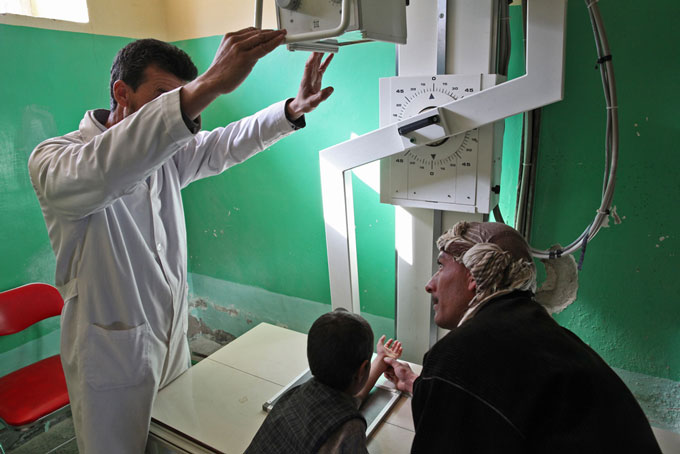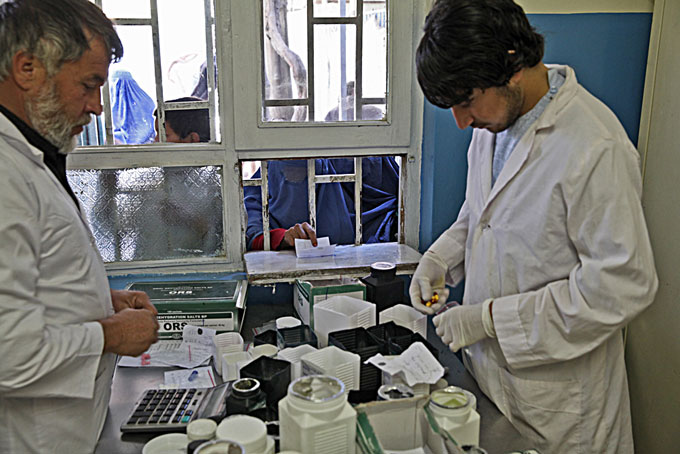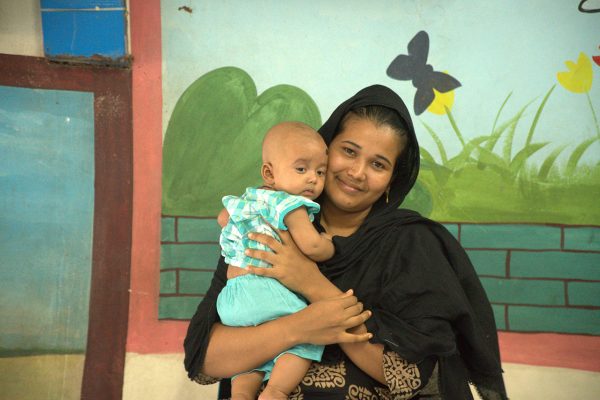Reading Time: 2 minutes
It was Monday, a bazaar day at Qarabag. Hundreds of people were milling about the market, which stretches along one of the roads of the junction. They were buying clothes, daily essentials and food. On these days, the number of visitors at the BRAC-managed district hospital also doubles.
It was Monday, a bazaar day at Qarabag. Hundreds of people were milling about the market, which stretches along one of the roads of the junction. They were buying clothes, daily essentials and food. On these days, the number of visitors at the BRAC-managed district hospital also doubles.
This is the only hospital with specialised clinics operating in the area, bearing the brunt of decades of conflict between various forces and militia groups. Most of the villages were deserted then.
Now, with a fragile peace in place, displaced villagers have returned. The district town, about 40 kilometres north of Kabul, is thriving with commercial activities. People from other areas have also moved here due to the prosperity.
Majority of outdoor patients at the hospital are women and children. After registration at the reception, they are taken to a room where nurses give them basic lessons in hygiene to manage common illnesses at home.
The doctor in charge and the surgeon of the hospital, Dr Ashraf, moves about the clinics talking to doctors, nurses and patients. “Except for really complicated and specialised cases, we do most surgeries in the hospital so the locals don’t have to go to Kabul to get treatment,” he explained.
The hospital staff mostly includes Afghan locals, allowing them to build connections with community members and discuss sensitive topics like family planning. As we took a tour of the hospital, we found a female nurse was giving a few young women lessons on family planning while their husbands waited outside.
The TB clinic in one corner of the hospital is equipped with a sputum-testing laboratory and x-ray machine. “We don’t have to deal with many TB patients,” mentioned Dr Ashraf. “Most of them can be treated with DOT.”
The pathology laboratory can handle most tests at the hospital. Only a few are required to be sent to Kabul for specialised testing.
Being a bazaar day, the patient volume was high and hence the two pharmacists at the dispensary were extremely busy handing out medicines with instructions. Most recipients were women.
Today the patients are happy to have access to basic healthcare services that are not very far from their homes. It is changing their lives for the better.
Nazes Afroz worked in BBC Afghanistan as senior manager and senior editor and now works independently.








